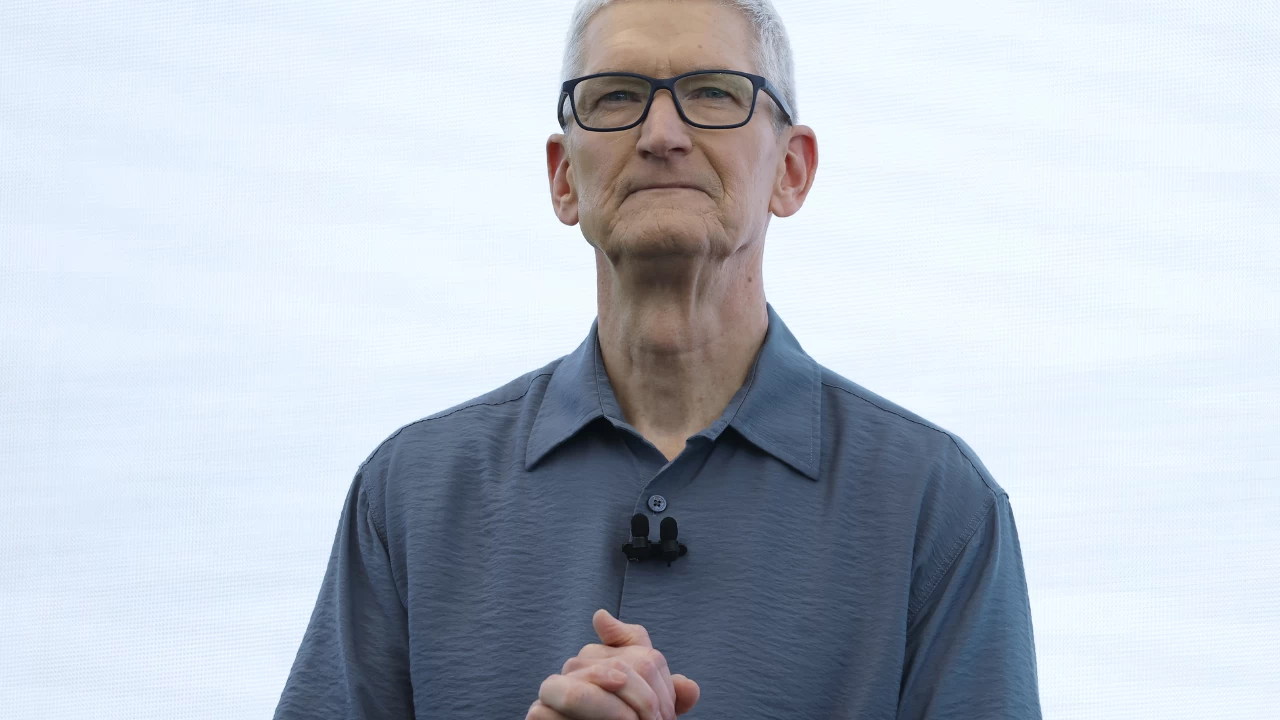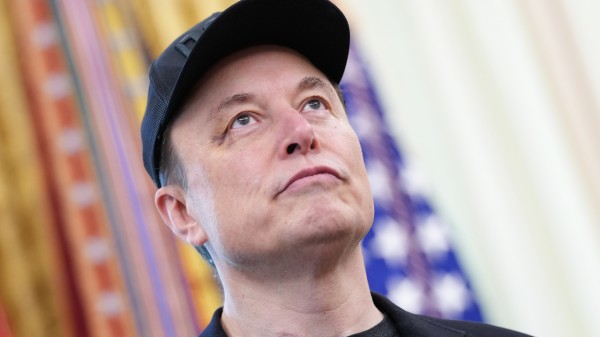

By signing in or creating an account, you agree with Associated Broadcasting Company's Terms & Conditions and Privacy Policy.


By signing in or creating an account, you agree with Associated Broadcasting Company's Terms & Conditions and Privacy Policy.

Apple has started manufacturing all four of the upcoming iPhone 17 models in India prior to their September launch. This is the first time that the company will export all the new variants, including Pro versions of all mobile phones, out of India at launch. Bloomberg reports that Apple has increased manufacturing at five facilities in the country, two of which were only recently put into operation. The shift is an indicator of a major milestone in Apple shifting a large part of its global supply chain to India as part of its strategy to rely less on China.
The move is part of a broader strategy by Apple to fulfil a majority of the iPhone demand in the US through India and not China due to the increased tariff-related concerns and geopolitical risks. This quarter, the company is bracing for a $1.1 billion trade-duty impact. Apple will have long-term supply security, and by moving manufacturing, the company will also tap into India with its growing manufacturing ecosystem.
Apple is finding a major ally in the Indian conglomerate Tata Group in its growth. In the next two years, plants operated by Tata are expected to produce almost half of the iPhones in India. This rapid scale-up is centred on its Hosur plant in the state of Tamil Nadu and a new production centre developed by Foxconn at the airport serving the city of Bangalore. Four months of iPhone exports out of India, beginning in April, have reached $7.5 billion, or close to half of the total of $17 billion shipped by the company in the last fiscal period.
The company has been building iPhones in India over the past 12 months to March 2025, totalling $22 billion, and the nation now represents approximately 20 percent of global production. The initiative was launched in the period of China implementing strict Covid lockdowns and received further urgency as US-China trade conflicts continue to take shape. Even though iPhones are not subject to widespread US tariffs, country-specific tariffs are a threat. Doubling down on India will allow Apple to get a stronger supply chain at the same time as it gets a stronger foothold in one of the fastest-growing smartphone markets in the world.












